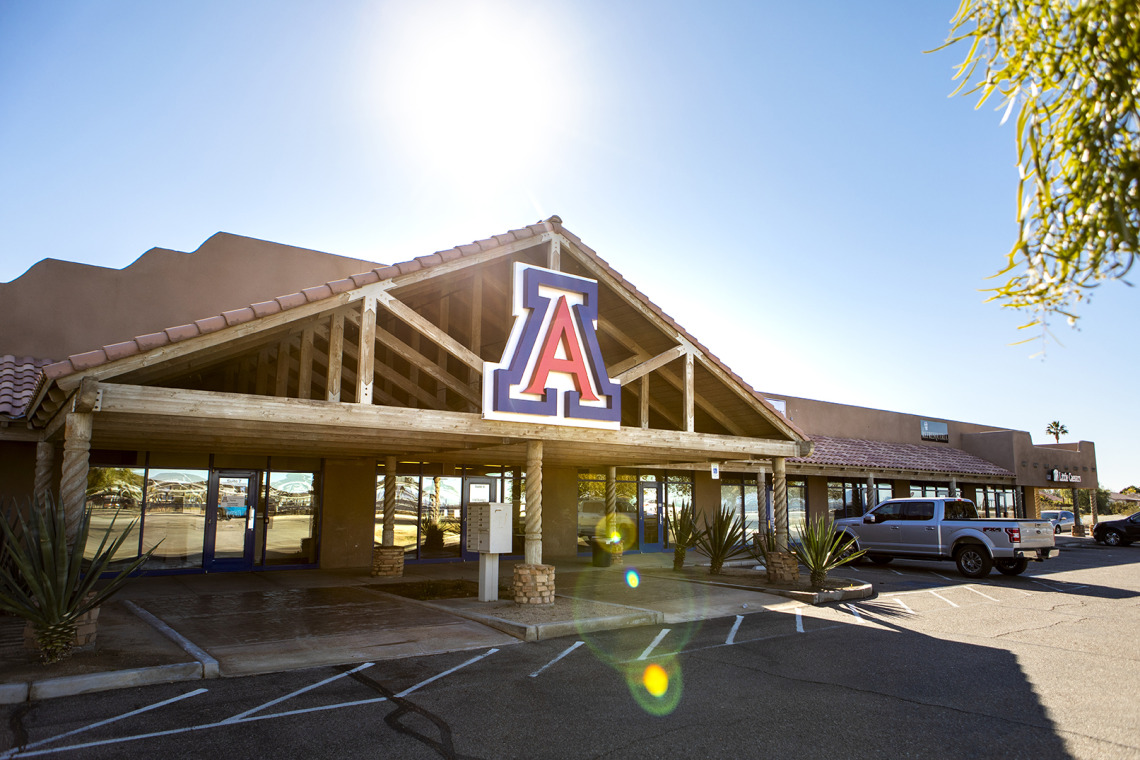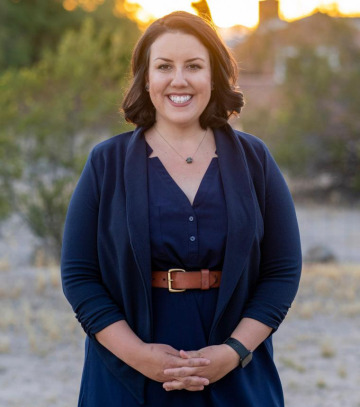Improving nutrition education in America’s ‘Winter Salad Bowl’
Educators at the UArizona School of Nutritional Sciences and Wellness, Arizona Western College, and Imperial Valley College are partnering on a new project to develop a pipeline for nutrition and dietetics professionals in Yuma, Arizona.

In the winter, the majority of North America’s winter vegetables come from farms around Yuma, Arizona. Even so, Yuma County has higher rates of diet-related chronic illnesses - like diabetes and cardiovascular disease - than other Arizona counties. Representatives from local public health organizations believe one contributing factor is a lack of qualified nutrition and health professionals to provide culturally relevant nutrition education and support.
That’s why the School of Nutritional Sciences and Wellness is leading two new projects aimed at increasing interest in pursuing careers in nutrition and health and improving the quality of nutritional science education for Yuma college students.
SALUDABLES (Strengthening Awareness for Living Healthy Using Dietetics Approaches and Boosting Local Educational Success) was designed to answer the urgent need for dietitians in and around Yuma.

Ashlee Linares-Gaffer
“It’s difficult to recruit and retain healthcare professionals in rural environments,” explained project director and Nutritional Sciences and Wellness associate professor Ashlee Linares-Gaffer. “People who come in from other places often don’t stay long-term. SALUDABLES will build a pipeline so that students from the area can complete their training, start to finish, in Yuma, in the hope that students will stay and build their professional careers there.”
SALUDABLES builds on the foundation created by Nutritional Science and Wellness’s other Yuma-focused program, entitled SOPA (Student Success by Increasing Opportunities, Participation, Awareness, and Achievement). SOPA strengthens the bachelor’s program in nutrition at the UArizona Yuma Campus by developing local farm-to-table, food-as-medicine experiential learning and career preparation opportunities. It includes the creation of a holistic teaching garden and a culinary food lab for use by UArizona Yuma students.
The two programs are intentionally complementary. SOPA enhances the undergraduate experience, and SALUDABLES builds a pathway of education, support, and mentorship that begins in K-12 schools and continues through graduate school and the registered dietitian credentialing exam.
SOPA and SALUDABLES hope to serve the needs of both Yuma residents and individual students and their families.
“A lot of our students in Yuma are Hispanic and Latinx, and a lot of them are first-generation college students,” Linares-Gaffer said. “These programs will help them navigate the higher education system, and it will increase diversity in the field of nutrition and dietetics, which is something we really need.”

